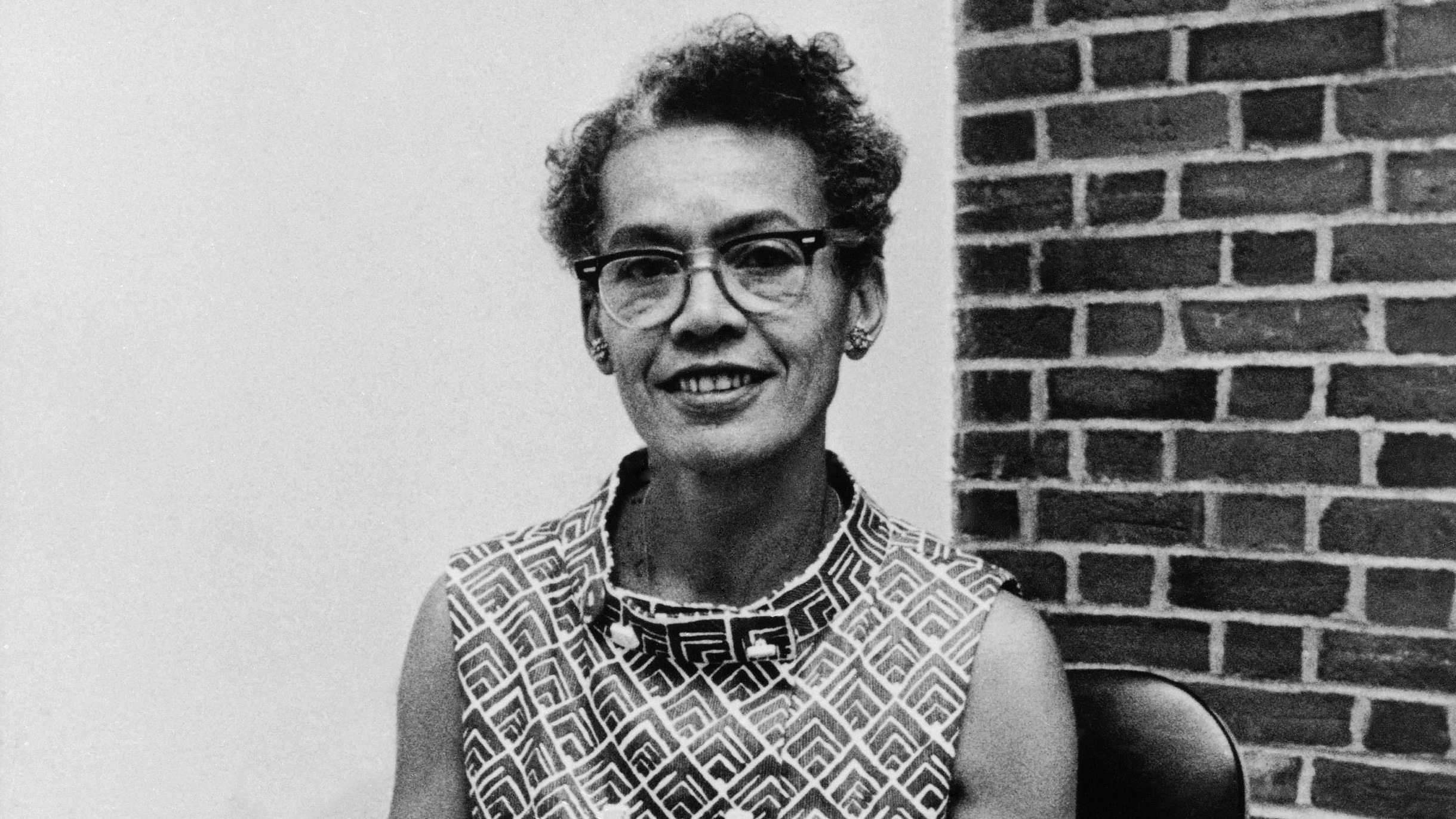Durham-based civil rights activist Rev. Dr. Pauli Murray, was the first Black person to earn a doctorate in law from Yale Law School, a founder of the National Organization for Women and the first Black woman to be ordained an Episcopal priest.
As a Black, queer, southern woman, Murray fought for racial and gender equality, inspiring many people like the late Supreme Court Justice Ruth Bader Ginsburg.
- Fifteen years before Rosa Parks, Murray was arrested for sitting in the whites-only section on a Virginia bus and she organized restaurant sit-ins in Washington, D.C. 20 years before the Greensboro sit-ins.
- As a legal scholar, Murray wrote the “States’ Laws on Race and Color“, which documented discriminatory laws and ordinances across the country in the 1950s. The document, nicknamed the “bible” of the civil rights movement, helped the NAACP fight several key legal battles against segregation.
- As a board member of the American Civil Liberties Union (ACLU) alongside lawyer Dorothy Kenyon, Murray co-wrote the brief on White v. Crook, (1966) which struck down an all-white, all-male jury system in Alabama as unconstitutional. This case is regarded as a turning point in civil rights law — laying the groundwork in provided long-standing legal protection for women against employment discrimination.
Murray’s life is filled with many firsts, with a legacy that has influenced and revolutionized many generations of activists, legal scholars and religious leaders.
From her contributions on school segregation; arguing for civil rights lawyers to challenge segregation laws as unconstitutional, to challenging the intersectionality of race and sex discrimination, Murray is an overlooked pioneer and trailblazer in our movements for racial justice and gender equality.
Hear more about Pauli Murray’s life from the North Carolina Public Radio’s podcast, Pauli, or visit the Pauli Murray Center for History and Social Justice.





